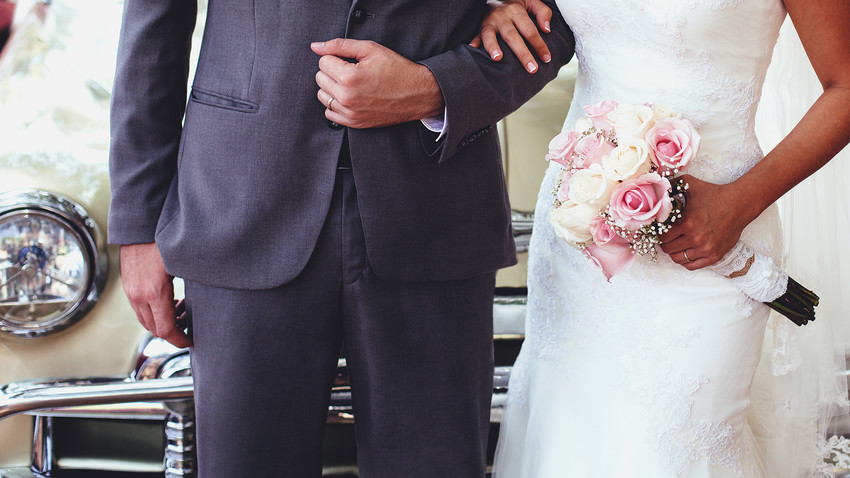
For Whom the Wedding Bells Toll
I'm no sociologist, but I was intrigued by newly released numbers this week describing the state of marriage with Millennials, GenXers, and Boomers. And everybody's been weighing in on them!
USA Today proclaimed: "Red Lobster, bras, top sheets, sleeping with clothes and now ... divorce. Millennials get blamed for 'killing' many trends, and the latest example might mean everyone's favorite generation to hate is in it for the long haul after tying the knot, according to a new study" (www.usatoday.com/story/news/nation-now/2018/09/26/millennials-blame-lower-us-divorce-rate-study/1429494002/). Bloomberg News trumpeted: "Americans under the age of 45 have found a novel way to rebel against their elders: They're staying married" (www.bloomberg.com/news/articles/2018-09-25/millennials-are-causing-the-u-s-divorce-rate-to-plummet).
What triggered these media responses? A new study by Philip Cohen, University of Maryland sociology professor, released this week for presentation at the 2019 Population Association of America meeting (read the paper www.osf.io/preprints/socarxiv/h2sk6/).
So what are the numbers? The statistic that caught my eye is the 18% drop in the US divorce rate between 2008 and 2016. The question is Why? "One theory is that divorce rates are falling largely because of other demographic changes—especially an aging population. Older people are less likely to get divorced, so maybe mellowing boomers were enough to explain the trend. Cohen's analysis of U.S. Census Bureau survey data, however, suggests something more fundamental is at work. Even when he controls for factors such as age, the divorce rate over the same period still dropped 8 percent" (Bloomberg).
While the news for Millennials is encouraging, not so for Boomers: "Young people get the credit for fewer divorces because boomers have continued to divorce at unusually high rates, all the way into their 60s and 70s. From 1990 to 2015, according to Bowling Green's National Center for Family and Marriage Research, the divorce rate doubled for people aged 55 to 64, and even tripled for Americans 65 and older. Cohen's results suggest this trend, called 'grey divorce,' may have leveled out in the past decade, but boomers are still divorcing at much higher rates than previous generations did at similar ages" (ibid, emphasis supplied).
And the Millennials? "Today's young couples don't seem to be following the same path. 'One of the reasons for the decline is that the married population is getting older and more highly educated,' Cohen said. Fewer people are getting married, and those who do are the sort of people who are least likely to get divorced, he said. 'Marriage is more and more an achievement of status, rather than something that people do regardless of how they're doing.' Many poorer and less educated Americans are opting not to get married at all. They're living together, and often raising kids together, but deciding not to tie the knot. And studies have shown these cohabiting relationships are less stable than they used to be" (ibid).
Talking about a mixed marital bag! The US divorce rate is down (but up among Boomers). Millennials are sticking together longer (but getting married later in upper socio-economic groups). As Philip Cohen observed: "Marriage is become more selective, and more stable, even as attitudes toward divorce are becoming more permissive, and cohabitation has grown less stable" (Cohen paper). Mixed bag indeed.
All of which simply means the church, the faith community, has much work to do to portray and protect for both young and old the attractive and enduring beauty God intended marriage to reflect. "May your fountain be blessed, and may you rejoice in the wife of your youth . . . may you ever be intoxicated with her love" (Proverbs 5:18-19).
Marital love, the gift of our Creator, was once intended to be forever. The poet Christian Wiman suggests perhaps it still is: "Human love has an end, which is God, who makes it endless" (My Bright Abyss 29).